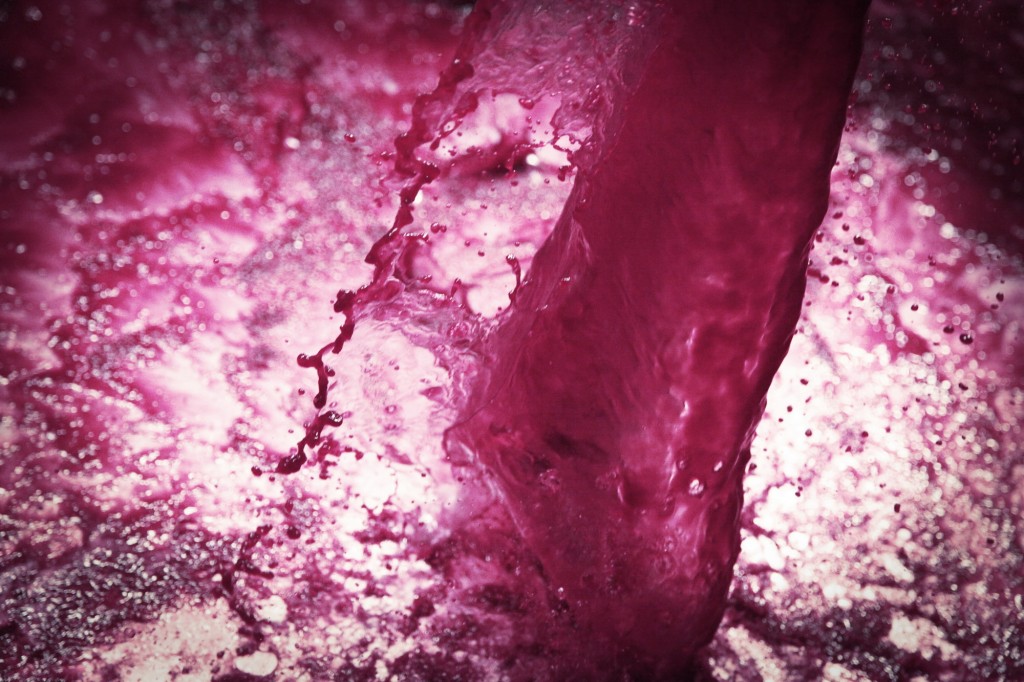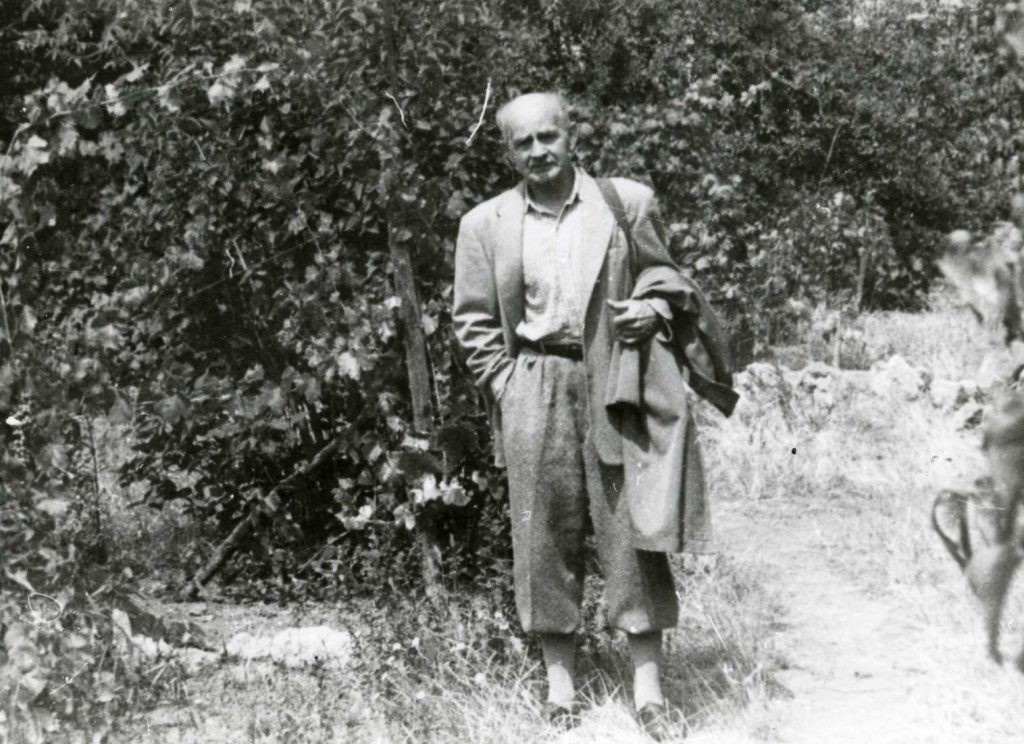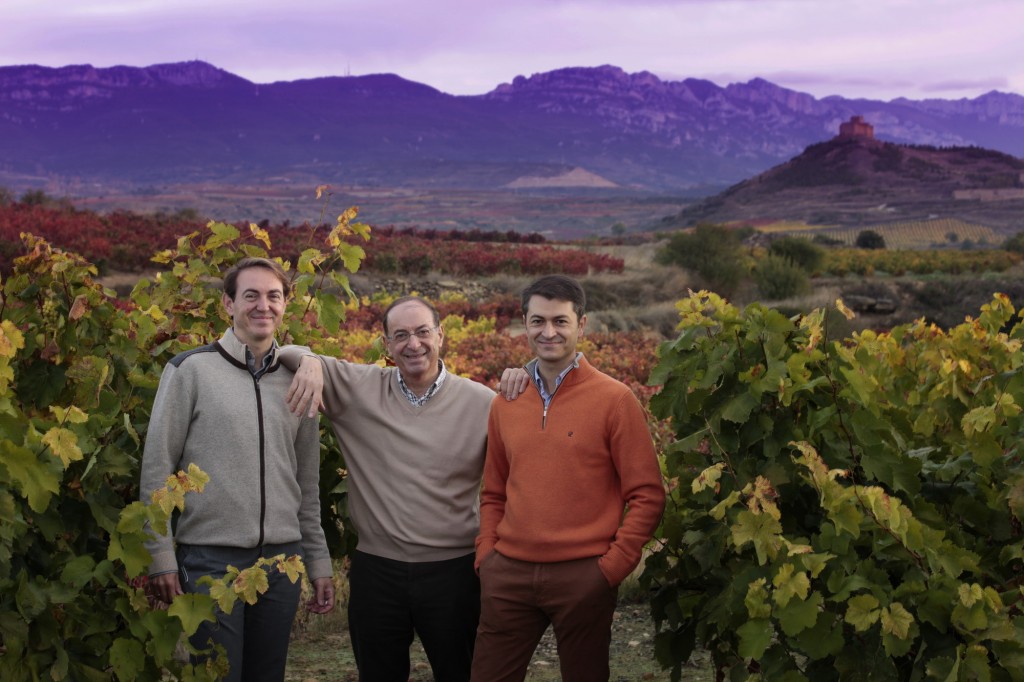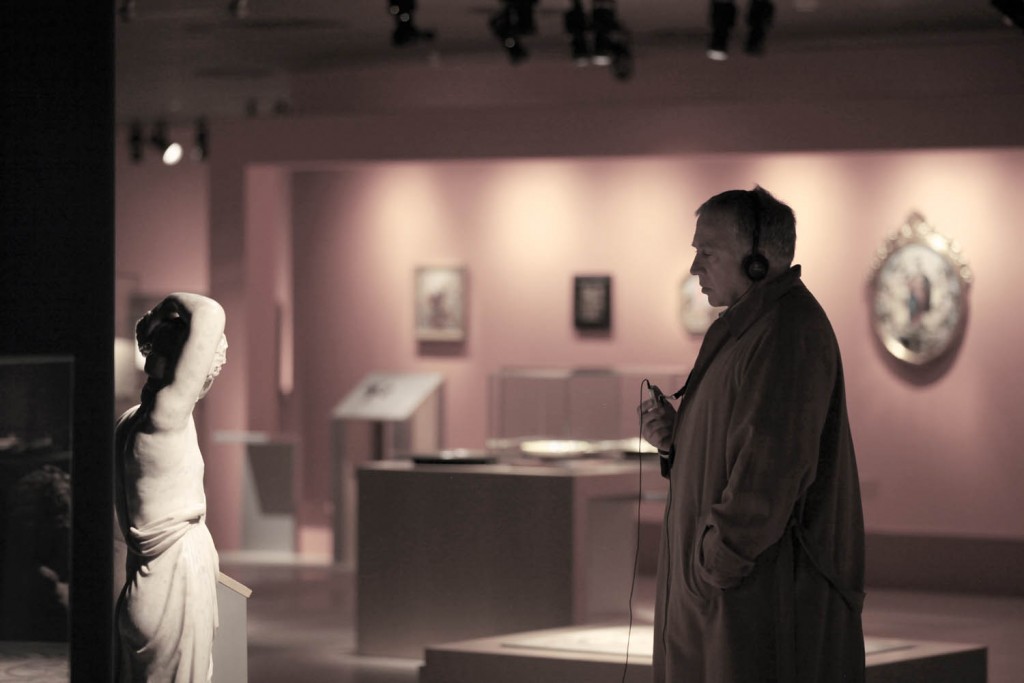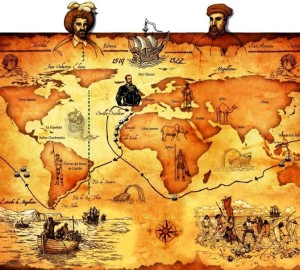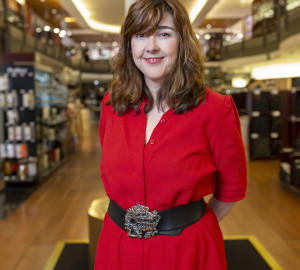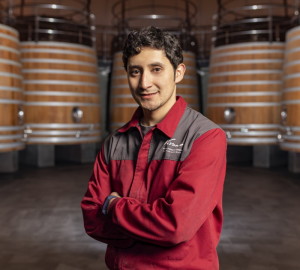There is a book not to be missed if you are a lover of good food and drink: The philosophy of wineby the Hungarian writer and critic Béla Hamvas (1897–1968).
Book The Philosophy of Wine. Author Béla Hamvas
Written in the summer of 1945, a few months after the end of the Second World War (published in Spain, in 2014, by Acantilado de Barcelona), this short text is a praise of the spiritual, sensory and symbolic qualities of wine. In other words, it is a true declaration of absolute and unconditional love for the ancestral drink par excellence. Its content is perfectly condensed in two short poetic sentences: "Wine has a divine face". y "Wine is love in a liquid state"..
With an almost mystical euphoria, in this pamphlet Hamvas leads the reader to explore, in just over a hundred pages, three different areas of reflection on wine. That is, three areas that constitute, in his own words, as many pillars on which one should build. "laying the foundations for any future philosophy of wine".. These three areas are: wine as a supernatural reality (to which would correspond a metaphysics of wine); wine as nature (to which would correspond a descriptive treatise on grapes and their varieties, types of wine, the relationship between soil and wine, water and wine etc.) and finally wine as ceremony (i.e. an examination of the times and ways in which to drink, answering fundamental questions such as Where to drink? How to drink? In what containers to drink? Alone? In company? etc.).
If, on the one hand, the author expresses his personal theory of the the divine character of winethe presence of the paradisiacal in physical pleasures - reserving a privileged place for food and drink - on the other hand, he sketches a catalogue with full knowledge of the grapes and wines existing in his time and of the food and social situations. the possible pairings between wines, food and social situations. In this sense, Hamvas aims to offer the reader a theoretical and practical guide to good drinking, full of good advice and idyllic, sensual images that reflect the author's hedonistic spirit.
Béla Hamvas
Written in a tone that is at times ironic and sarcastic, at times openly polemical and challenging (both of bourgeois respectability and of scientistic materialism), The philosophy of wine is, at the same time, a visionary ode to life and a lucid critique of conventionsa vitalist exhortation to follow our drives for pleasure and our desires for knowledge through all the senses; travelling physically and mentally through lands and peoples, nations and notions, knowledge and tastes, dreams and delusions.
Reading these passionate pages, the reader will be fascinated by what we have defined as a "wine". "declaration of absolute and unconditional love". This same love for wine, for its organoleptic properties, for its symbolism, for its millenary history and its unique link with the territory of origin, has been the basis for many decades. inspiresfor many decades, the work of the family Vivanco.
Family Vivanco
A task in which the material production of the winery is nowadays related in an essential way with the Museum Vivanco and its activity of research, conservation and dissemination of Wine Culture.
Museum Vivanco
We bid farewell with a brief collection of suggestive phrases from Hamvas' book:
"With bread in one pocket and a wineskin in the other, I sit on the bow of the ship, while the cool breeze sprays the salty mist on my face"..
"I would go so far as to say that fish is the complementary food of the drink called wine, just as the colour orange is complementary to blue, and green to red"..
"In general, the best place to taste a wine is the region where it is grown. It is only natural: the taste of the fruit is perfect when it is picked from the tree, since the most noble and refreshing oils disappear during transport"..
"The same law applies to drinking as to love: any time, any place, any way"..
"The main thesis of my anatomy of drunkenness is the following: the root of all drunkenness is love. Wine is love in a liquid state"..
Header image: Cover of the book The Philosophy of Wine.







